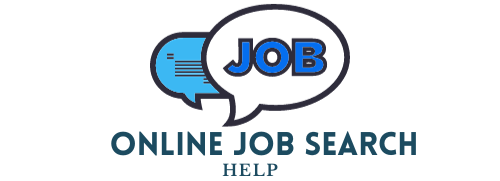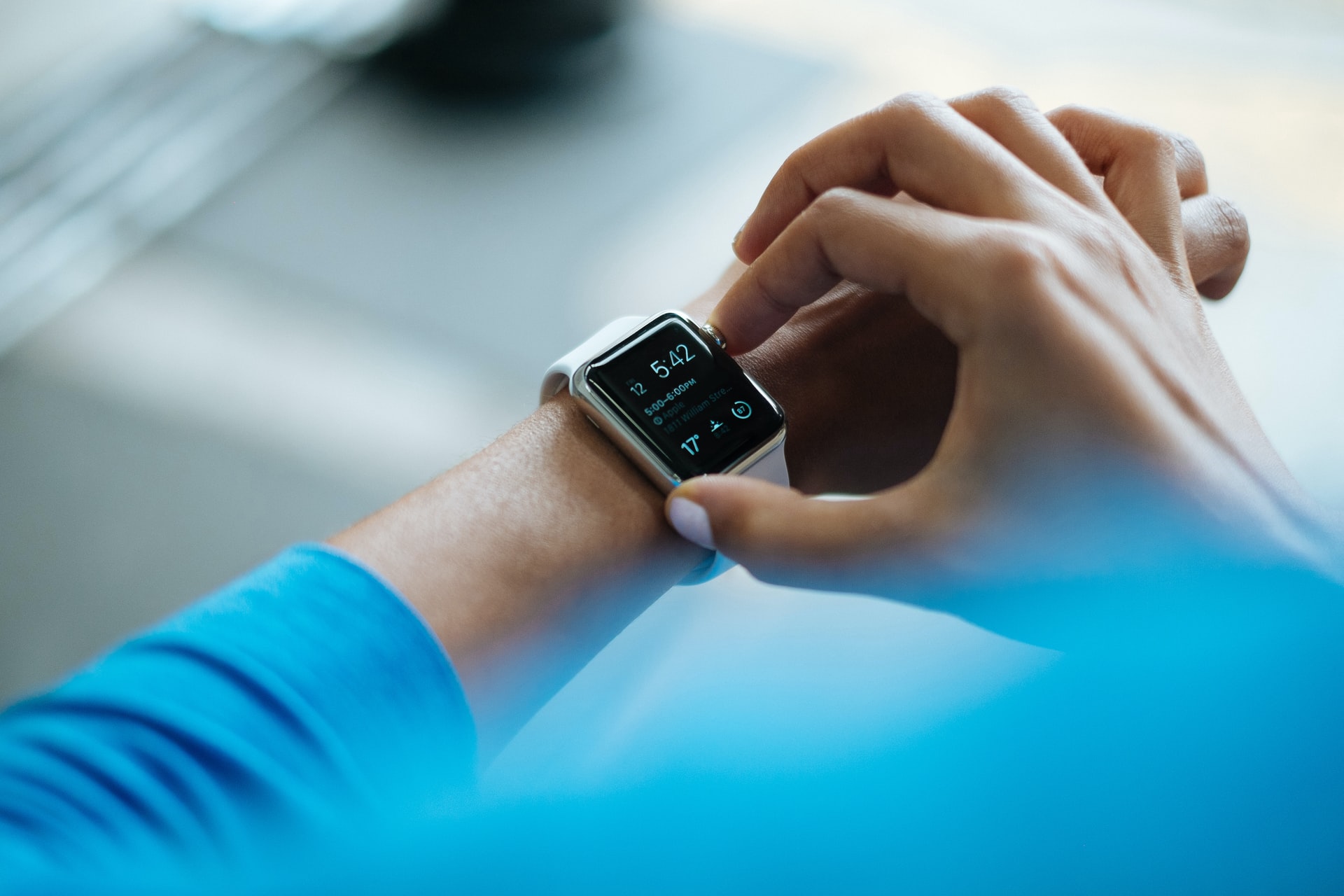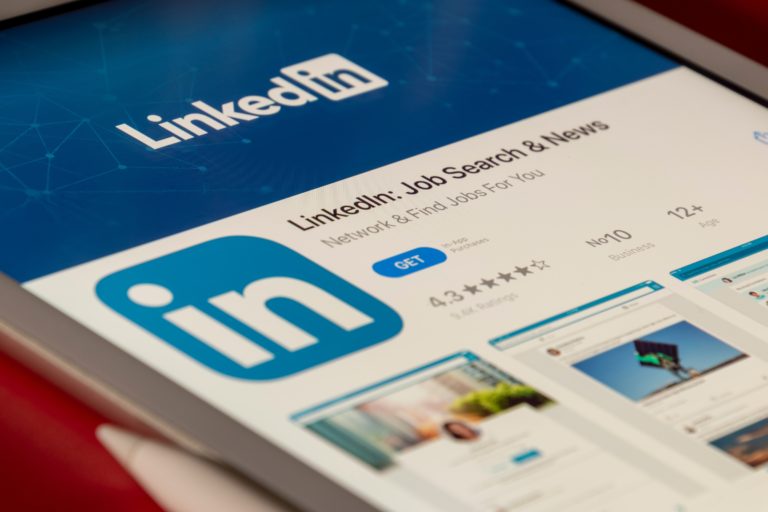How Long To Prepare For Interview?
Your interview is coming up, and you want to prepare as much as possible. But many of you might be curious as to how long to prepare for interview. How do you know when it’s time to stop studying and actually head out the door?
The average interview preparation time is between five and ten hours. This amount of time is usually sufficient to examine your résumé, research the firm and the hiring manager, and rehearse basic interview questions and replies.
Setting aside a specified amount of time for your interview might also be helpful. While interviewing for an extremely competitive position, you may want to dedicate more time to research and practice your answers to common interview questions.
Table of Contents
Guidelines When Preparing For An Interview
- Prepare for your interview about a month before it’s scheduled.
- If you’re preparing for a job in a specific industry, do some research on the company and the specific role you’re interviewing for.
- Practice your interview questions and answers.
- Get feedback from friends or family members on how well you answered the questions.
- Make sure you know what to wear and how to behave in an interview.
- Get to the interview location early and familiarize yourself with the surroundings.
- Make sure you have all of your materials ready, including a copy of your resume and references.
The more preparation you do, the more confident you’ll feel during the interview. But don’t overdo it – you don’t want to be so prepared that you’re exhausted on the day of the interview.
Use these guidelines to help you determine how long to prepare for an interview. By following them, you’ll be well-prepared and confident when it’s time to interview for your dream job!

Strategies For Limited Interview Preparation Time
There are a variety of approaches you can take to make the most of the time you have before the interview. The following are some ideas and techniques you can try:
Commit To Five To Ten Hours A Day
If you want to devote as much of your time as possible to prepare for interviews, be selective about the positions you apply for and schedule them at the best times. You’ll be able to devote more time to each interview if you’re pickier.
Find the Best Time for an Interview by Scheduling One in Advance
Guidelines of 20-40-40
You can divide your interview preparation time into three separate sections:
Research
You should expect to be asked about your knowledge of the company by the interviewer. They may also inquire about the industry’s history, possibilities, and challenges, as well as the company’s place within it.
If you spend 20% of your time researching your unique function, the firm, the industry, and its history, you will be better prepared to answer these types of inquiries with confidence.
What Are The Questions?
In spite of the fact that some standard interview questions can be beneficial, interview questions are often tailored to the position for which you’re being considered.
The job advertisement, the description of the job duties and criteria, what you know about the role, and what you know about the organization might help you come up with a list of possible questions. Preparing a list of 30 possible interview questions should take up 40% of your time.
How To Respond To Inquiries
Once you’ve jotted down your inquiries, it’s time to flesh out your responses. If you want a leg up on the competition, spend some time rehearsing your responses aloud, which will help you appear more confident and make a better impression.
Another method is to videotape yourself answering the questions and then listen to the recording to find out how you may improve your speed and tone of voice in response to the questions.
Maintain A Healthy Work-life Balance
Each person is unique and may require less or more time to adequately prepare for an interview than the five to ten hours recommended. To determine how much time you need to spend studying, take into account what you already know about the organization and the surrounding components. For example, if you already work in the field and have a good understanding of the role and business, you may not need to devote as much time to research the job and interview questions.
It’s a good idea to go through your answers a few times before the interview to make sure you seem confident and relaxed. Once you’ve mastered the basics of one response, it’s time to move on to the following. If you want to be sure you recall the outline for your answer, take five or ten minutes for each question.
What Do You Know About The Subject?
Treating your interview like an exam will help you manage your time better. It’s critical that you’re familiar with the topic ahead of time, study regularly, and test yourself frequently. As a student in high school or college, you probably discovered your preferred method of studying and how to best prepare for an exam. Whether you use flashcards or merely study for 30 minutes at a time, take what you’ve learnt from your academic history and apply it to your professional life.

What To Do If You Only Have A Day To Get It Done
Occasionally, a corporation would ask you to come in for an interview the next day. With little time or notice, you can still do things to make yourself stand out from other candidates, such as:
Do Your Homework Ahead Of Time
Find out who you’ll be meeting with, what to wear, and how to get there by calling the person who booked your interview. You should be able to gather the information you need in around 10 minutes.
Online Company Research
Visit the company’s website and read the “About Us” page to get an overview of the organization, then look for other useful data like annual revenue, employee count, product or service reputation, and news about the company recently published. About an hour and a half should be enough time for this.
Make Sure You’re Comfortable With The Steps You’re Taking
Make a list of your accomplishments and use it to illustrate your strengths in the stories you tell about yourself. Examples of your soft skills, such as teamwork, leadership, and sound judgment, should be included in your examples. You can practice answering competency-based interview questions by studying the STAR interview technique (situation, task, action, result). The rest of your time can be used to perfect your skills.
Preparation For The Following Day
Put your clothes on, pack your suitcase, get some sleep, and eat a pre-interview meal to keep your energy levels up and keep your mind sharp.
Get There On Time
Arrive at the interview place 10 to 15 minutes early to ensure you have all of the necessary supplies, as well as some quiet time to calm yourself down.




